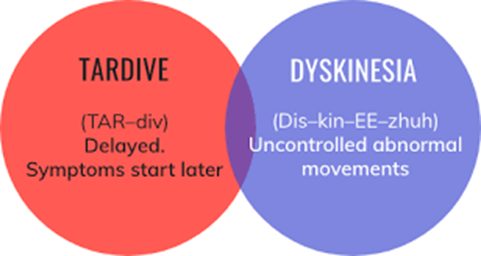A female client tells the care provider that she feels very angry about her recent divorce.
Which is the care provider's best response?
"Most people experience strong feelings after a divorce.
“I know exactly how you feel.”
“I know this must be difficult for you."
“Look on the bright side. You will be glad you divorced him in a couple of years.”
The Correct Answer is C
Choice A rationale: this response is dismissive and invalidating since it suggests that anger is a normal and expected feeling hence the client should not feel bad about it.
Choice B rationale: this statement is presumptuous and doesn’t offer help to the patient. Furthermore, the care provider should understand that everyone’s experience and reaction after a divorce is different.
Choice C rationale: this statement empathizes with the client’s feelings and emotions without making them feel judged and guilty for expressing their emotions. It also allows the client to share more about their experience if she wishes.
Choice D rationale: this response is very unrealistic and disrespectful since it does not address the patient’s feelings and emotions about the divorce but instead it tries to impose a positive outlook on her.
Nursing Test Bank
Naxlex Comprehensive Predictor Exams
Related Questions
Correct Answer is C
Explanation
Choice A rationale: absence of physical and mental movement refers to catatonia that can occur in severe depression or schizophrenia.
Choice B rationale: akinesia refers to the absence of voluntary movement and can be seen in individuals with Parkinson’s disease or as a side effect of some antipsychotic medications.
Choice C rationale: these are signs and symptoms of tardive dyskinesia which is a serious side effect of antipsychotic therapy resulting from the damage of nerve cells controlling movement and is irreversible especially when detected late.
Choice D rationale: this refers to dystonia which is a condition characterized by abnormal muscle tone resulting in painful muscle spasms and abnormal postures. This is a side effect of some antipsychotic medications.

Correct Answer is A
Explanation
Choice A rationale: TCAs do not have an immediate mechanism of action and may take approximately 2-4 weeks to have an effect on the neurotransmitters involved in mood regulation hence the brain may take some time to adjust to these changes.
Choice B rationale: 1-2 weeks is too short, and may lead clients to feel discouraged or frustrated if they do not see any results by then hence informing them of the duration it will take before they can realize a change in their mood or anxiety is crucial.
Choice C rationale: 3-4 days is too short, and may lead clients to feel discouraged or frustrated if they do not see any results.
Choice D rationale: 1-2 days is too short and unrealistic gives the client false expectations and may make them think that the drugs are ineffective in their mood and anxiety control.
Whether you are a student looking to ace your exams or a practicing nurse seeking to enhance your expertise , our nursing education contents will empower you with the confidence and competence to make a difference in the lives of patients and become a respected leader in the healthcare field.
Visit Naxlex, invest in your future and unlock endless possibilities with our unparalleled nursing education contents today
Report Wrong Answer on the Current Question
Do you disagree with the answer? If yes, what is your expected answer? Explain.
Kindly be descriptive with the issue you are facing.
